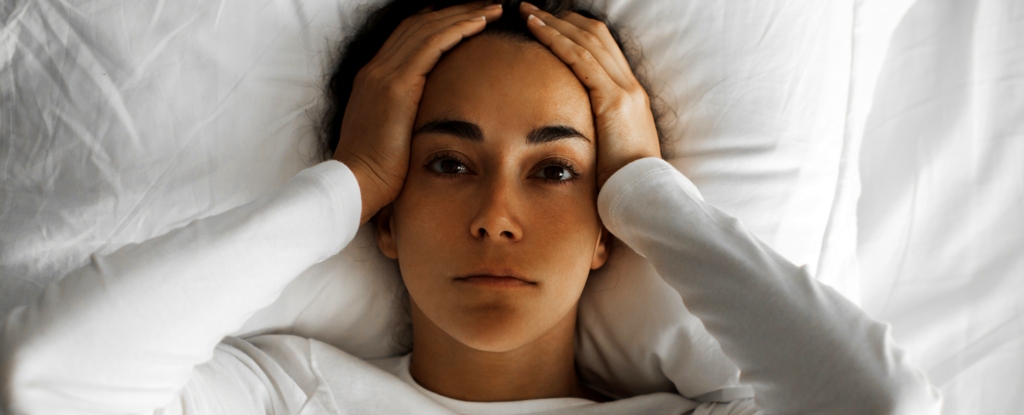
Quality sleep is essential for overall health, influencing factors such as cardiovascular wellness, immune function, and emotional stability. As many people aim to enhance their sleep patterns, the concept of “sleep hygiene” has gained popularity. This term refers to practices that promote healthy sleep, including maintaining a regular bedtime and reducing screen time before sleep. However, according to sleep therapist Kirsty Vant from the Department of Psychology at Royal Holloway University of London, certain sleep hygiene tips can actually exacerbate insomnia for those struggling with sleep issues.
Common Sleep Strategies That May Backfire
While the following practices are generally deemed helpful, they can inadvertently reinforce sleep difficulties for individuals with insomnia.
1. Spending More Time in Bed
When sleep proves elusive, many individuals attempt to compensate by going to bed earlier or sleeping in later. Unfortunately, this approach can diminish the association between bed and sleep, increasing feelings of frustration instead. Vant suggests limiting time spent in bed to strengthen the body’s natural sleep drive. Going to bed slightly later while maintaining a consistent wake-up time can help re-establish bed as a place for sleep rather than wakefulness.
2. Strictly Avoiding Screens
Conventional advice often discourages screen usage before bed due to concerns about blue light interfering with melatonin production. However, for individuals with insomnia, reaching for their phones can be a response to sleeplessness rather than the cause. Instead of an outright ban, Vant recommends a balanced approach. Engaging with calming content or using night-mode settings can provide a helpful distraction that may aid relaxation.
3. Completely Cutting Out Caffeine
Caffeine is known to inhibit adenosine, a neurotransmitter that promotes sleepiness. Genetic differences affect how individuals metabolize caffeine, leading some to benefit from moderate consumption. While sensitivity to caffeine may necessitate avoiding it later in the day, eliminating it entirely may not be necessary for everyone. Understanding personal tolerance is crucial for managing caffeine intake.
Revising Sleep Expectations and Managing Anxiety
In a world where the “sleep economy” is valued at over £400 billion, products aimed at enhancing sleep abound. However, this quest for perfection can lead to orthosomnia, a form of anxiety stemming from the obsession with achieving ideal sleep. Vant emphasizes that sleep is an autonomic function, akin to digestion, and cannot be forced.
The expectation of consistent sleep duration can also lead to disappointment. Factors such as stress, health changes, and lifestyle responsibilities naturally influence sleep patterns. Vant draws attention to the need for flexibility in sleep expectations, noting that some nights will inevitably be better than others.
Vant highlights a critical misconception in sleep hygiene culture, which suggests that those experiencing insomnia simply need to adjust their habits. She compares the struggle with sleep to challenges faced by those with eating disorders, where oversimplifying the issue does not address the underlying complexities.
For those grappling with insomnia, Vant suggests considering evidence-based treatments beyond sleep hygiene. Cognitive Behavioural Therapy for Insomnia (CBT-I) is recognized as a leading psychological intervention. Additionally, new medications such as orexin receptor antagonists—specifically, suvorexant, lemborexant, and daridorexant—target the brain’s wake-promoting systems to facilitate sleep.
Insomnia is a prevalent and treatable condition. Vant concludes that individuals need not blame themselves for their struggles with sleep, underscoring the importance of seeking appropriate support and solutions.






